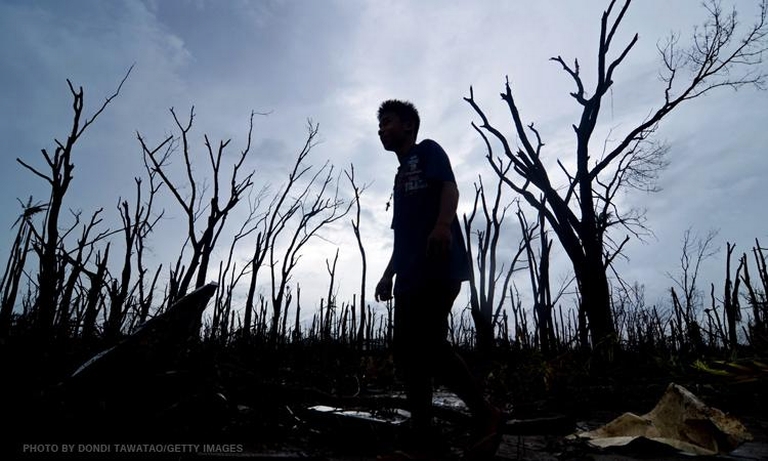Likewise, it was also reported that the Philippines was the worst affected country in 2013 — the very year Typhoon Haiyan (Yolanda) struck the country. Extreme weather brought about 6.65 deaths per 100,000 inhabits and about 3.82% in losses per unit GDP.
Later this year, the United Nations will conduct the Climate Change Conference in Paris, France, aiming to achieve an international agreement among countries that seeks to limit global warming to just 2°C.
“The UN climate negotiations in December mark a crucial opportunity for the international community to come to a bold, universal agreement to make significant emissions reductions commitments, including a long term goal for zero net carbon emissions,” said former United States Vice President Al Gore in a statement.
Gore, who is the chairman of the Climate Reality Project, recently launched the Road to Paris campaign that aims to mobilize support from different stake holders in eight countries — including the Philippines — that hold strategic significance for the upcoming negotiations.
“Having significant role in the climate talks, the Philippines chairs the Climate Vulnerable Forum and actively participates in the large negotiating bloc called the G77+ China,” said Climate Reality Philippine manager Rodne Galicha.
“Filipino negotiators and civil society organizations have been long respected in their stances and positions in climate finance and loss and damage talks.”
Galicha believes that the government should submit a "bottom-up" Intended Nationally Determined Contribution Document, that among other things, pushes the Department of Energy "to implement the National Renewable Energy Plan which aims to triple renewable energy capacity by 2030 and to include in its policy the phasing out our of coal fired power plants by 2020.”
"[W]e cannot afford to gamble with the future of our planet. Solutions to the climate crisis are within reach, but in order to capture them, we must take urgent action today across every level of society," Gore said.
"Now is the time for people all over the world to lend their voices to the cause and urge their leaders to take this historic first step.”
Source: CNN Philippines | 30 April 2015














